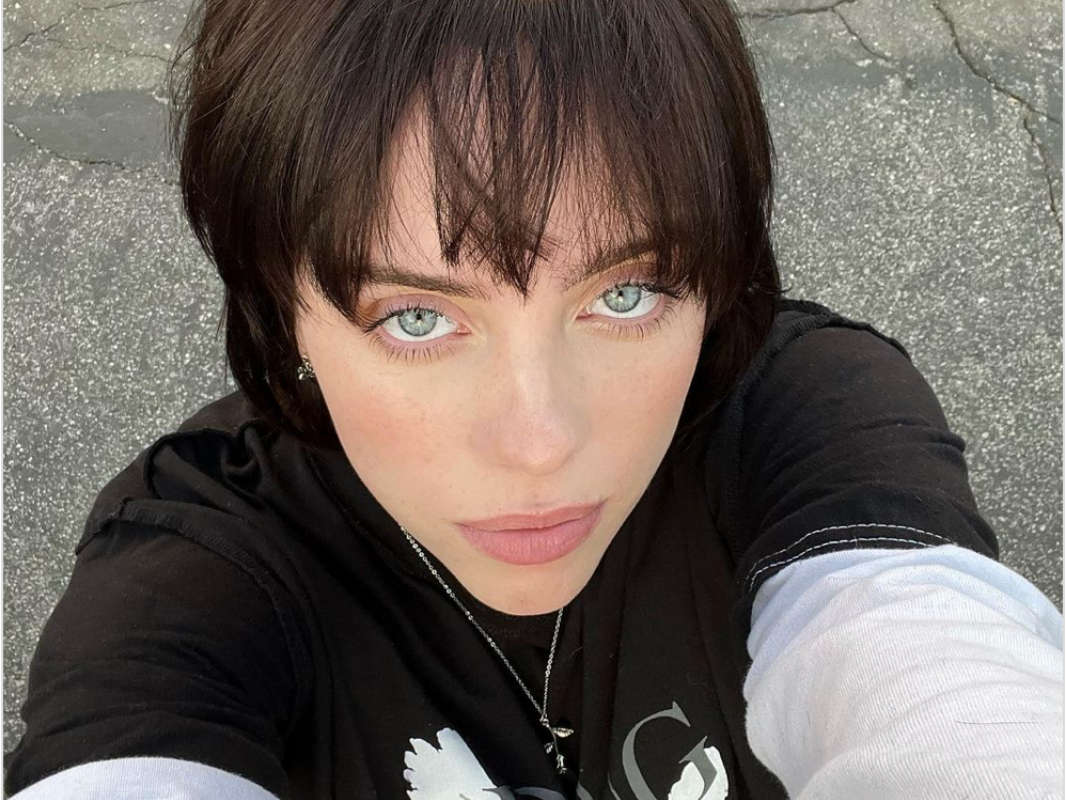
From sportspeople to musicians, these celebrities challenge the stereotypes of neurodivergence.
The word ‘neurodiversity’ is a relatively new one, first used in the late-Nineties.
It’s an umbrella term for various neurological conditions and differences – meaning your brain might function in a way that’s considered ‘different’ – and includes ADHD, dyslexia, dyspraxia, Tourette’s syndrome, autism and more.
Celebrities speaking out about being neurodiverse smashes the stereotypes, while helping us understand their experiences. To mark Neurodiversity Celebration Week (March 21-27),
Billie Eilish
After video compilations of Billie Eilish’s tics started making the rounds online in 2018, the singer took to Instagram to talk about her Tourette’s syndrome diagnosis.
She had never spoken about it before because she “never wanted people to think of Tourette’s every time they think of me”, Eilish, now 20, wrote on her Instagram stories.
She went on to talk about her experience with Tourette’s – how her tics are “only physical and not super noticeable to others”, adding: “Believe me, HAVING them is a whole different type of misery”. She described how it “makes easy things a lot harder”, and certain things can trigger tics.
In a 2019 interview with Ellen Degeneres, Eilish said:
“It’s something I’ve lived with my whole life… I just never said anything because I didn’t want that to define who I was.”
She added:
“I think I also really learned that a lot of my fans have it, which made me feel kind of more at home with saying it, and also I felt like there was a connection there.”
Greta Thunberg
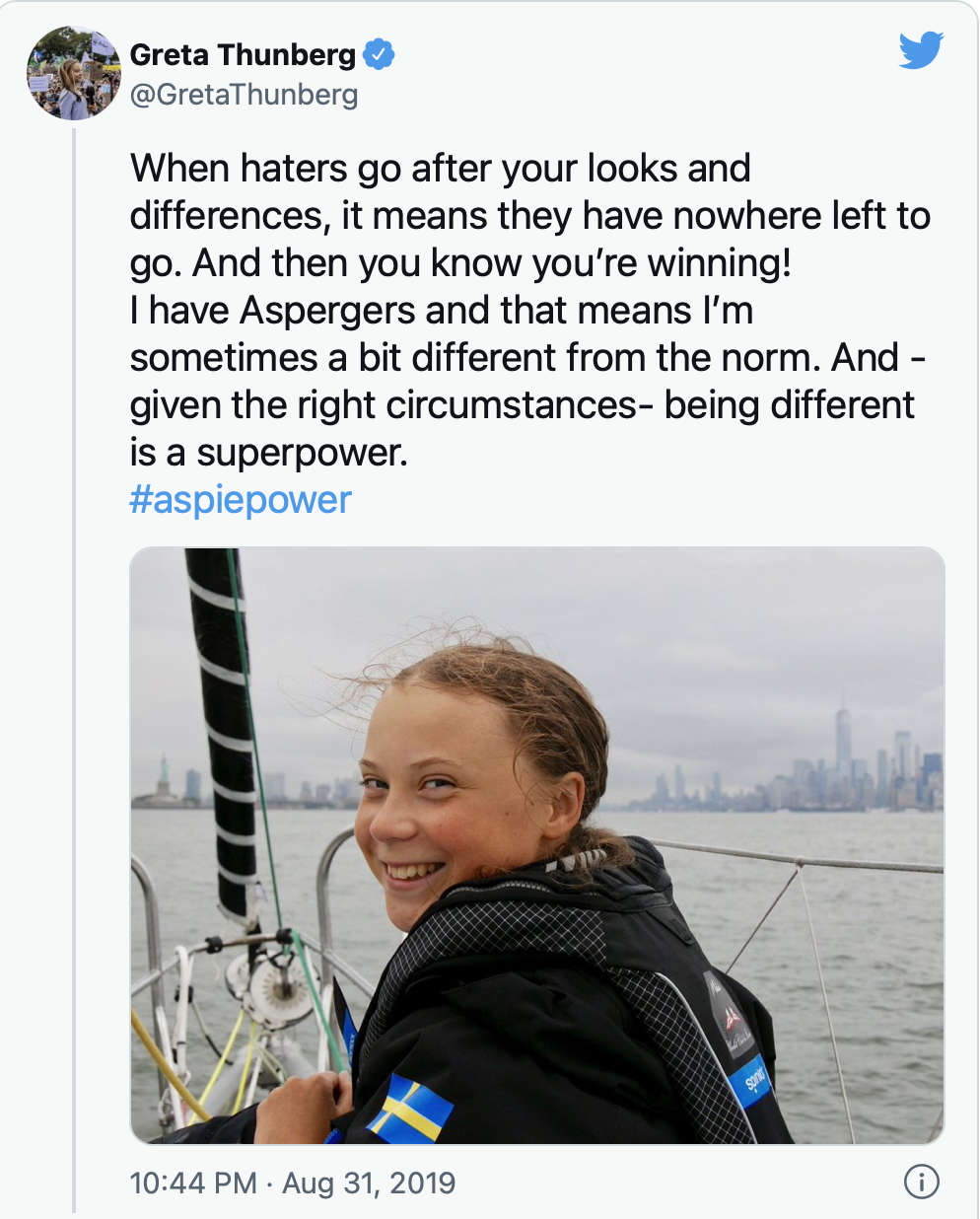
Climate activist Greta Thunberg is autistic, and has also been diagnosed with Asperger’s, obsessive compulsive disorder and selective mutism. She told the Guardian in a 2021 interview her diagnosis was a relief, saying:
“When I felt the most sad, I didn’t know that I had autism. I just thought, I don’t want to be like this. The diagnosis was almost only positive for me. It helped me get the support I needed and made me understand why I was like this.”
In a 2019 tweet, Thunberg wrote:
“I have Aspergers and that means I’m sometimes a bit different from the norm. And – given the right circumstances- being different is a superpower.”
She often talks about how her differences help her – such as her autism meaning she’s often blunt with her language, and can therefore make passionate and compelling speeches.
Muhammad Ali
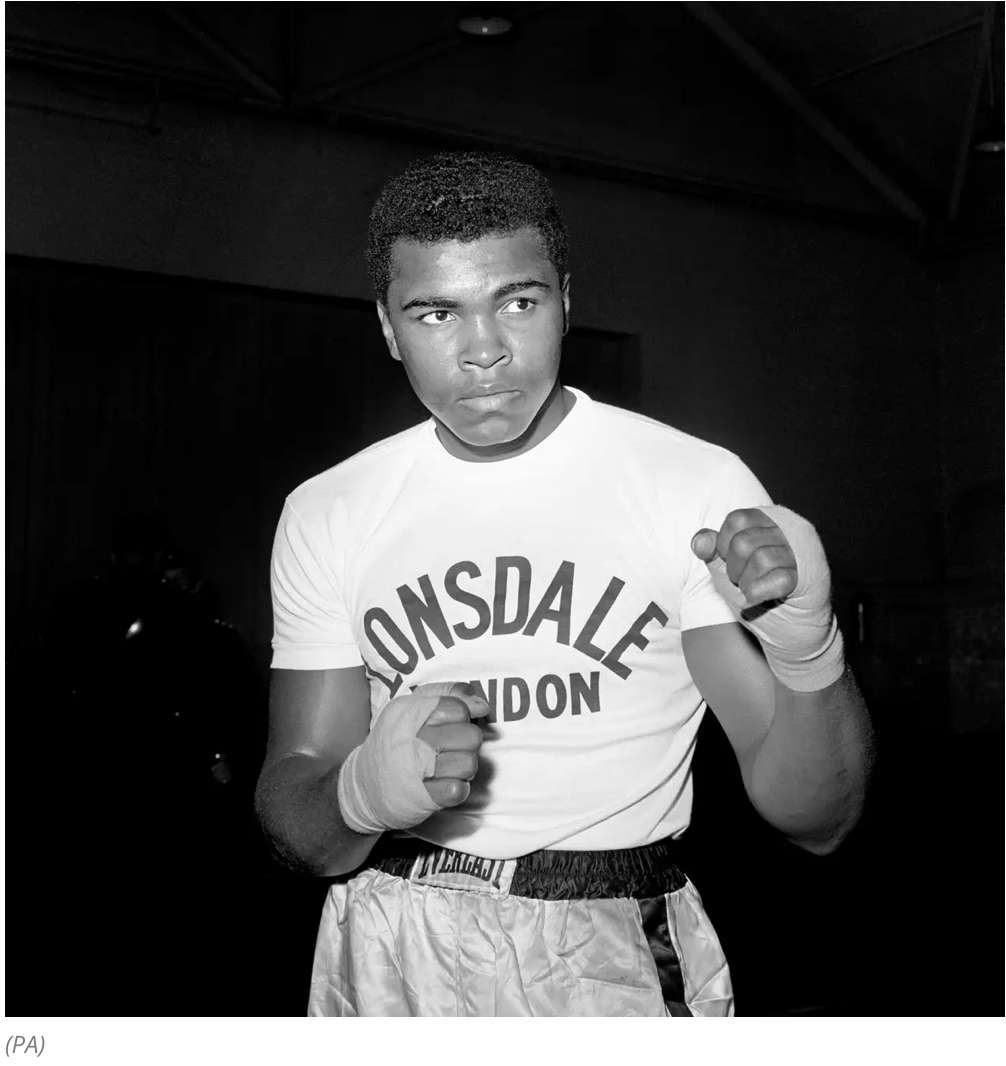
He was known as a wordsmith – someone who is remembered for his lyrical quotes, and would often recite poems before his fights – but the late Muhammad Ali struggled with dyslexia, and only just graduated from high school. He had the motivation to find success outside of the classroom, and dedicated much of his life to helping improve African American literacy.
Towards the end of his life, Ali launched a children’s book collection with his wife Lonnie (‘Muhammad Ali Presents Go The Distance’), helping students learn reading skills and build the motivation to succeed. Lonnie – who did most of her husband’s public speaking at this time, due to his Parkinson’s disease – told reporters:
“Not every child comes to school on the same playing field. Some of them have reading challenges, some of them have handicaps of some sort, but it’s important that they know you can still achieve greatness, no matter what.”
Simone Biles
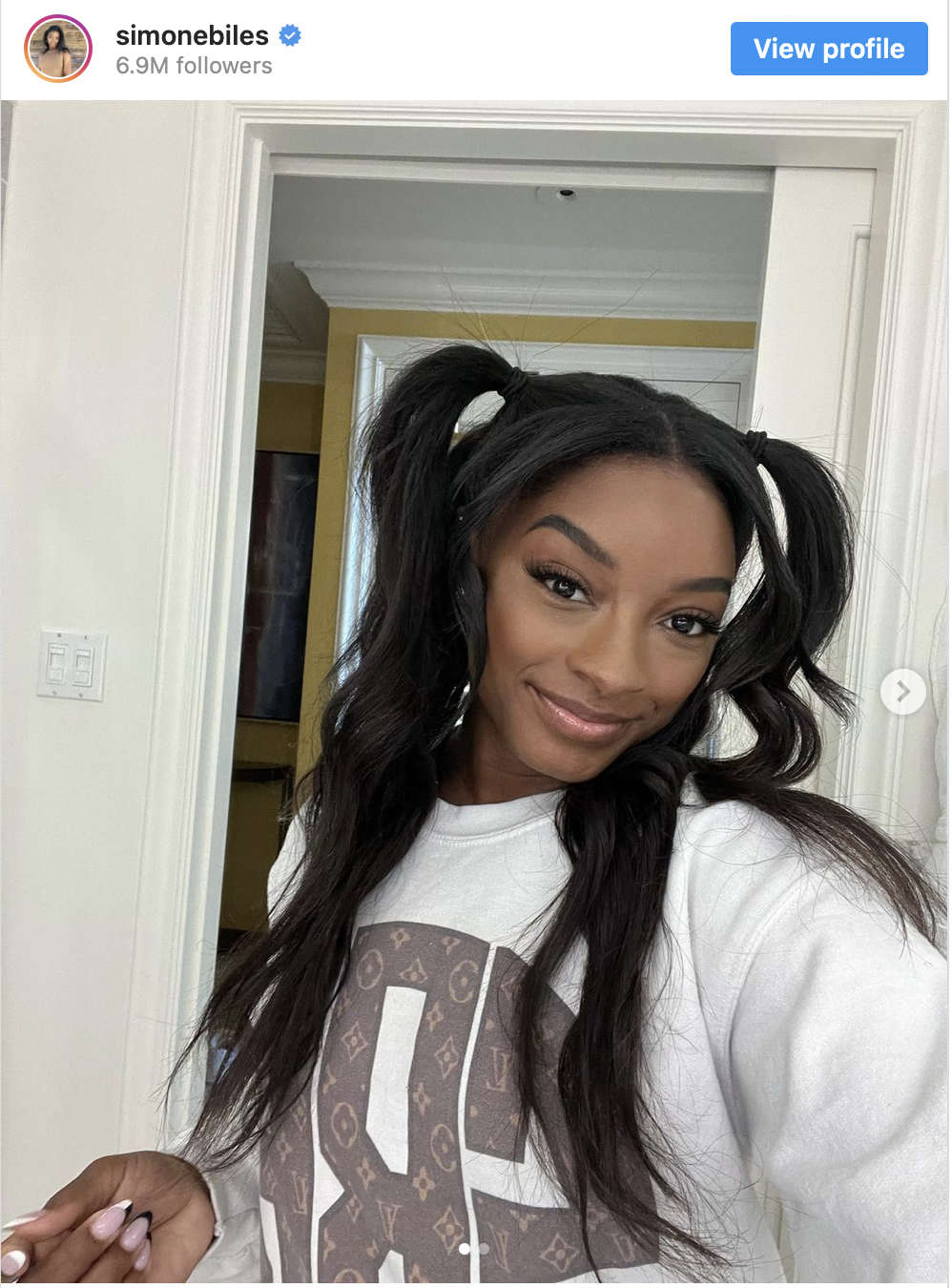
Simone Biles felt compelled to talk about her ADHD (attention deficit hyperactivity disorder) after hackers circulated data showing she used the prescribed medication, Ritalin.
“I have ADHD and I have taken medicine for it since I was a kid,” the gymnast wrote on Twitter in 2016. She continued: “Having ADHD, and taking medicine for it is nothing to be ashamed of nothing that I’m afraid to let people know.”
According to ADHD UK (adhduk.co.uk), “People with ADHD show a persistent pattern of inattention and/or hyperactivity–impulsivity that interferes with day-to-day functioning and/or development.”
Biles isn’t the only elite sportsperson who has ADHD – Michael Phelps was also diagnosed as a child, and writes in his autobiography Beneath The Surface about how swimming helped give him focus and quiet his mind.
Florence Welch
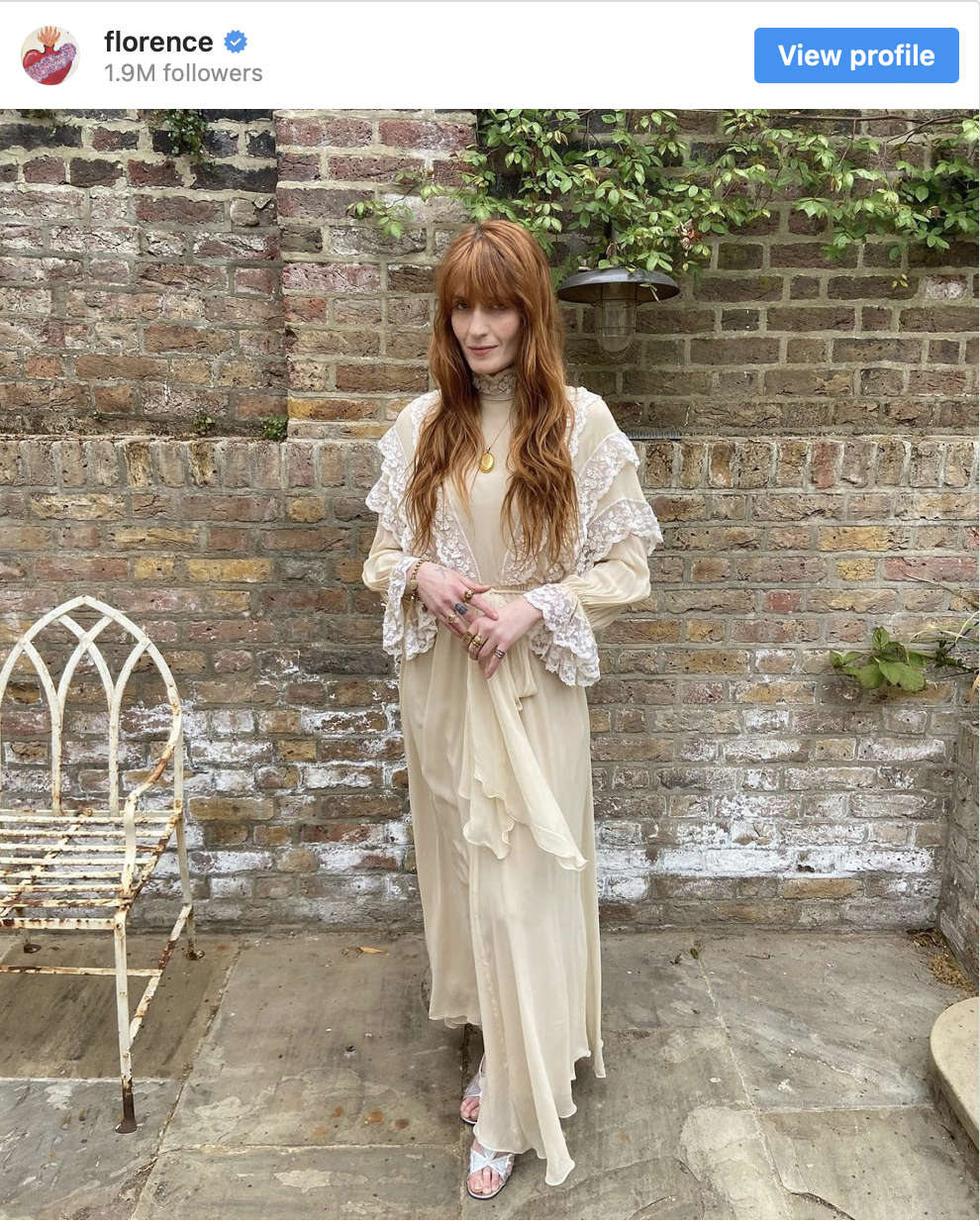
Neurodiversity is often linked to the creative arts – something Universal Music Group recognised when it published a handbook called ‘Creative Differences’, with the aim of encouraging creative companies to embrace neurodiversity.
Florence Welch of Florence And The Machine wrote the forward, saying:
“I wish a word like ‘neurodiversity’ had existed when I was younger, because there were plenty of other words that got thrown around in its absence. Neurodiversity means to be part of the diversity of humanity as a whole. It means different, not flawed – and everyone is different. That’s something I could have done with knowing as I grew up.”
Welch has dyslexia and dyscalculia (difficulty understanding numbers), and she describes how she used creative means to get around any potential barriers she faced.
“My thoughts are disordered, not especially logical and not at all linear – but that’s OK, they take me to more interesting places,” she writes. “As an artist, I think it’s a self-evident truth that not thinking like everyone else is positive and beneficial.”

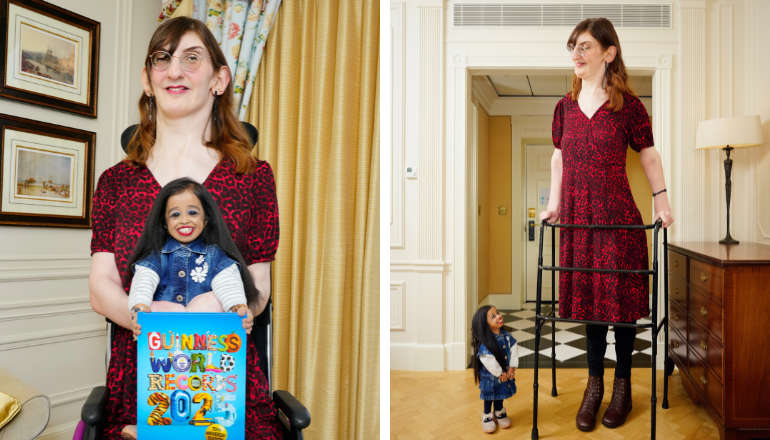 World's Tallest And Shortest Women Meet For First Time To Celebrate Guinness World Records Day 2024
World's Tallest And Shortest Women Meet For First Time To Celebrate Guinness World Records Day 2024
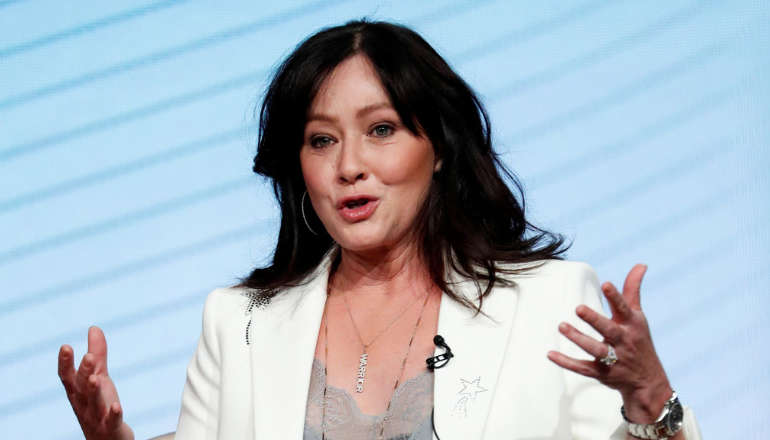 Shannen Doherty: Beverly Hills, 90210 Star Dies Aged 53
Shannen Doherty: Beverly Hills, 90210 Star Dies Aged 53
 Olivia Dean, Chaka Khan, Terence Trent D’Arby And Dionne Warwick Confirmed For Star-Studded Love Supreme
Olivia Dean, Chaka Khan, Terence Trent D’Arby And Dionne Warwick Confirmed For Star-Studded Love Supreme
 Boom Shakes The Room — Explosion of Colour And Happy Vibes At Spellbinding Gathering
Boom Shakes The Room — Explosion of Colour And Happy Vibes At Spellbinding Gathering
 Struggling To Sleep? New Research Names The Movies That Will Help
Struggling To Sleep? New Research Names The Movies That Will Help